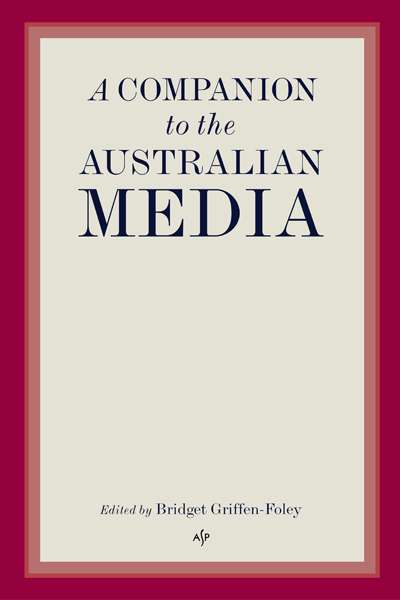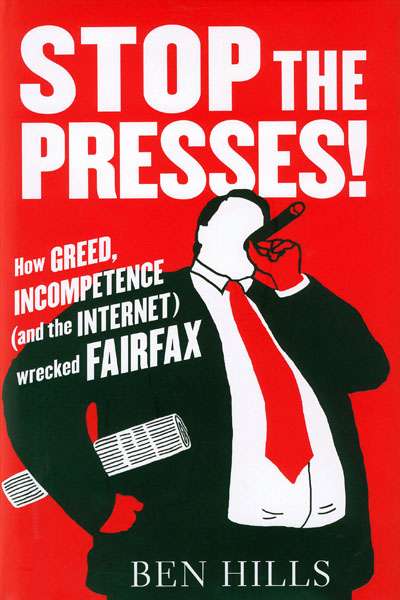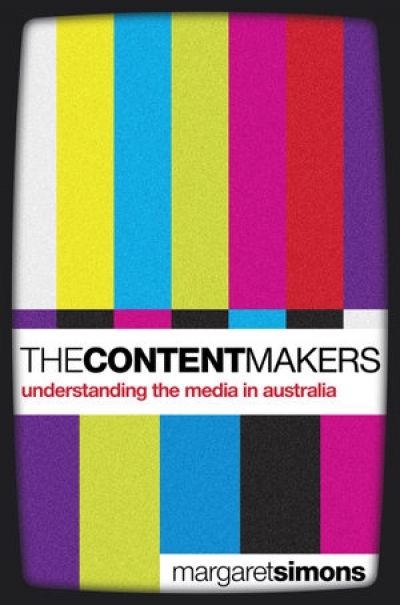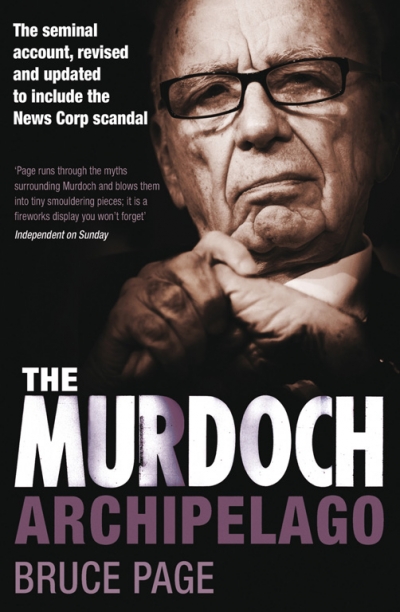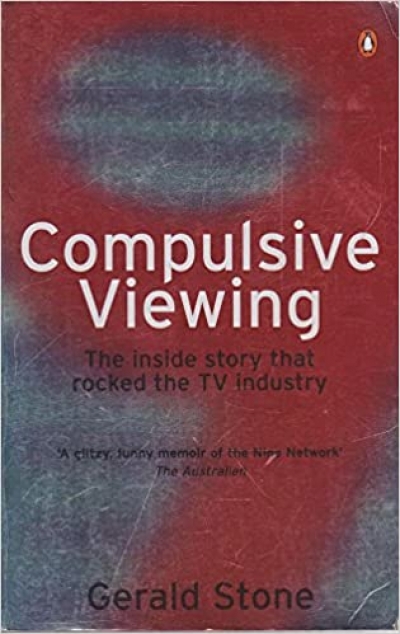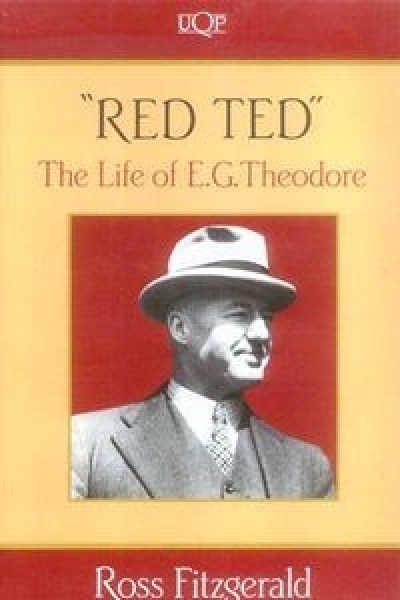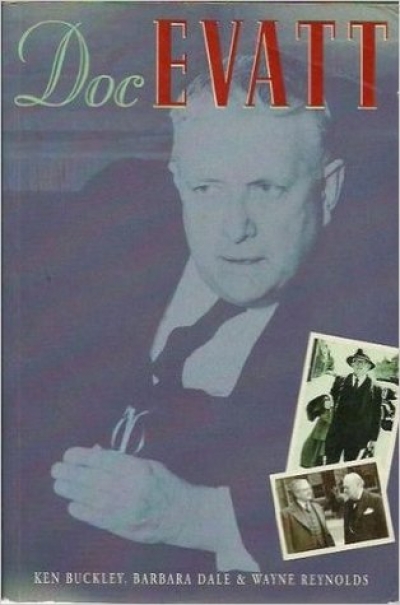Bridget Griffen Foley
Who has not heard of “Yabba”, Sydney’s greatest barracker?’, asked the Listener In in February 1937. The Listener In was not the only radio magazine intrigued by a new Australian cricketing identity. Two identities, in fact: Myra Dempsey, who was covering the 1936–37 Ashes series for 3BO Bendigo; and Dempsey’s discovery, ‘Gabba’, a female counterpart to ‘Yabba’. A fixture at the Sydney Cricket Ground for a generation, ‘Yabba’ (Stephen Gascoigne) scored an entry in the Australian Dictionary of Biography and remains a fixture in Australian cricket histories. But Dempsey, a minor celebrity in her day as the first female cricket broadcaster in Australia (and probably the world), remains unknown to broadcasting and cricket historians alike.
... (read more)
